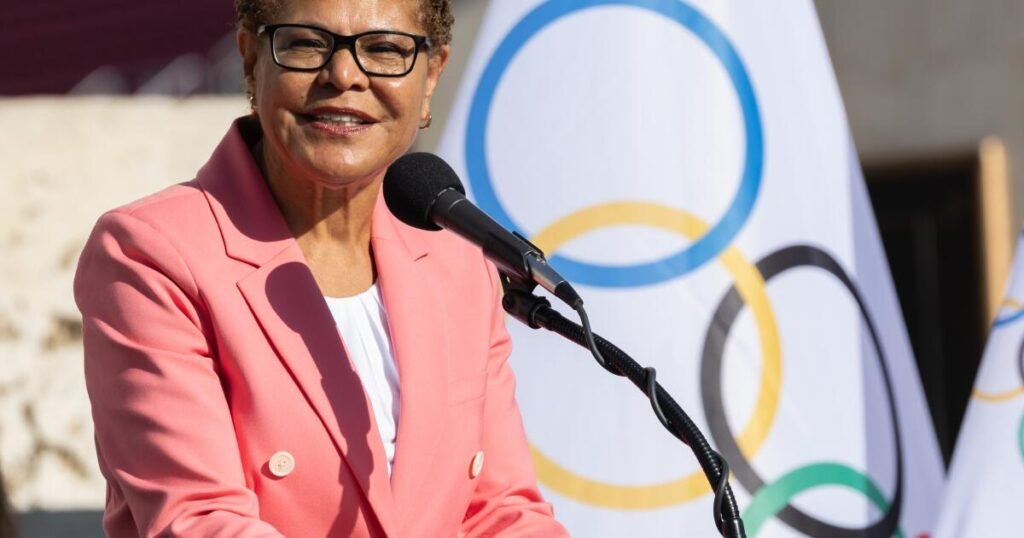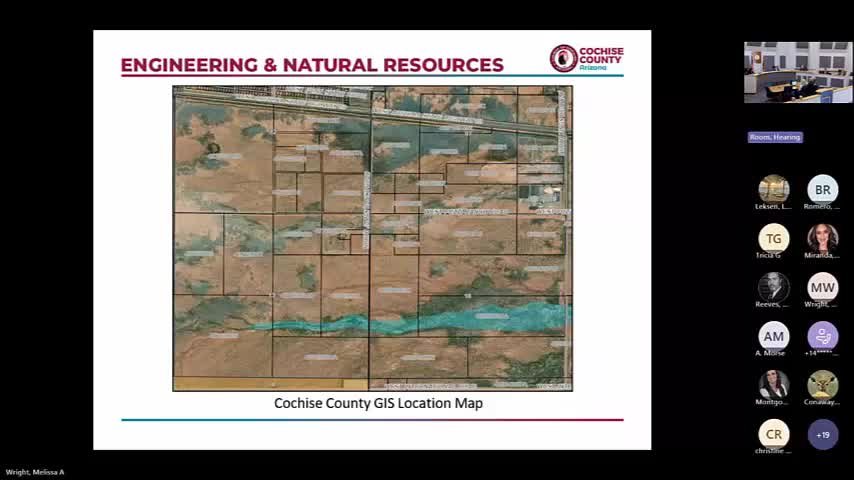Concerns Over Costs for 2028 Summer Olympics in Los Angeles
Los Angeles city officials might find themselves in a tricky position concerning taxpayer funds as the 2028 Summer Olympics approach.
The city is currently in talks with LA28, the private organization managing the games, about utilizing city police, traffic personnel, and other services during both the Olympics and Paralympics. With millions of visitors expected to flood into Los Angeles, especially areas like the Sepulveda Basin and downtown Westside, essentials, such as security and garbage removal, will be paramount during the 17-day Olympics and the following two-week Paralympics.
According to an agreement made in 2021, LA28 is required to reimburse the city for any services that exceed normal city operations. Both parties need to finalize details on what constitutes “enhanced services” by October 1, 2025, including interest rates, repayment terms, audit conditions, and other necessary processes.
LA28 has promoted the event as a “no cost” experience for the city. However, how “enhanced services” are defined could lead to significant expenses for cities already facing financial challenges. A major area of concern is security, involving collaboration between the LAPD and other agencies to ensure safety for athletes and attendees.
The financial burden of overtime for police and related costs will hit the city hard, especially since it recently tackled a budget shortfall of approximately $1 billion by curtailing police hiring. Rising labor costs combined with declining tourism revenues only add to the city’s financial worries.
On a related note, recent legislation passed under President Trump allocates $1 billion for security and planning for the event, but it’s unclear what expenses this funding will cover.
In this context, civil rights attorney Connie Rice sent a letter on July 17 to Mayor Karen Bass and other officials, raising concerns about the service agreement and urging a careful review. She noted that city officials had sought her input, fearing the agreement might inadequately shield taxpayers.
“Los Angeles faces several financial risks, and many leaders involved in these Olympic talks seem unaware of the potential impact,” Rice explained. “The city can’t shoulder another $1.5 billion hit in 2028 due to insufficient protections for taxpayers.”
Rice’s correspondence also inquired if the city and LA28 had settled their differences regarding the event’s venue boundaries, which could vary depending on factors like security perimeters.
Rice wondered why LA28 wasn’t using escrowed funds to cover city costs and questioned whether the organization had shared its budgets for security, transportation, and sanitation.
In an interview, Rice expressed her desire to confirm that the event would indeed be “cost-free.”
Paul Krekorian, who leads Mayor Bass’s main event office, and representatives from LA28 opted not to specifically address Rice’s concerns. Krekorian mentioned ongoing collaboration between the city and LA28 to ensure all Angelenos benefit from the games in the years to come.
Routine police and traffic services are already provided by the city for major events like Dodgers games and the Grammy Awards. For instance, the Rams reimbursed the city $1.5 million for resources during their Super Bowl Parade last year, according to city administrator Matt Szabo.
Recently, Szabo’s office highlighted potential city debts, including those related to the 2028 games. It indicated that Los Angeles might face around $1 billion in security costs if not covered by LA28 or federal aid.
Jacie Prieto Lopez, LA28’s Vice President of Communications, stated that discussions on security or planning costs are still ongoing.
Rice’s inquiries about LA28’s responsibility for security costs went unanswered by Prieto Lopez. However, she did acknowledge appreciation for the recent $1 billion allocation for security from the administration.
The distribution of these funds will be decided by the Federal Emergency Management Agency, focusing on measures to prevent terrorism and other threats.
Anita Gore, a representative from the California Governor’s Office of Emergency Services, suggested that these funds should ideally be administered by the state via the homeland security grant process.
During a recent hearing, LA28 CEO Reynold Hoover emphasized the nonprofit’s efforts to secure federal backing for the event. He noted that the approved funding would help fulfill initial financial needs for security.
Hoover had earlier stated that LA28 is requesting complete reimbursement from the federal government for public safety contributions during the games.
Officials from the Department of Homeland Security did not clarify how the $1 billion would be allocated.
Given the contentious nature of Trump’s administration and its past critiques of California, some city leaders are understandably cautious about how these funds will be managed. Representative Nelly Pou, a leading Democrat on Congress’s security task force for special events, pointed out last month that details regarding the $1 billion have been elusive.
“This administration has previously withheld funds allocated by Congress, so we can’t just assume funds for the Olympics will reach us,” she remarked.
When responding to Pou’s concerns, Krekorian assured that the city is actively communicating with state, federal partners, and LA28 regarding fund allocation.







